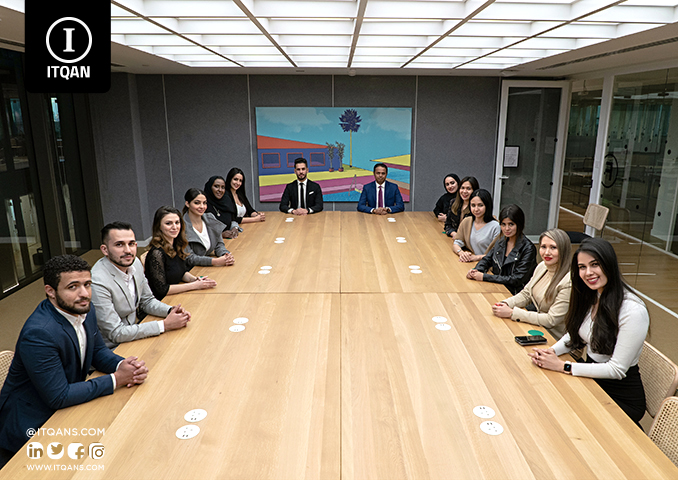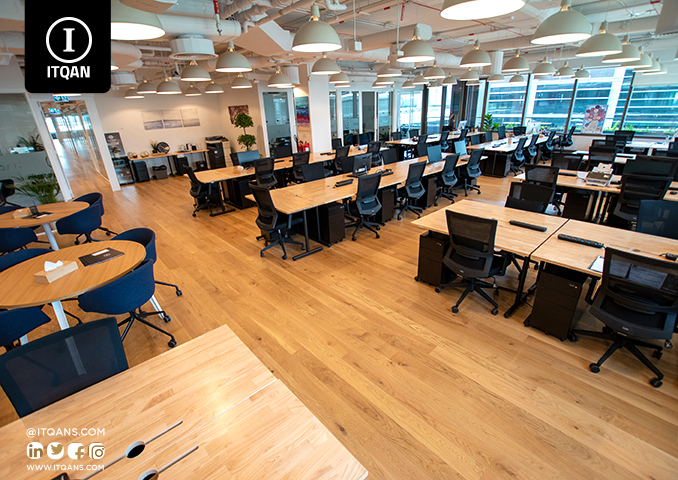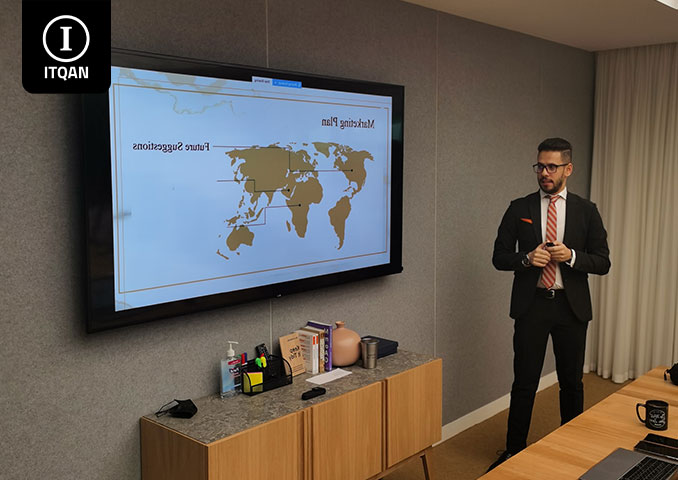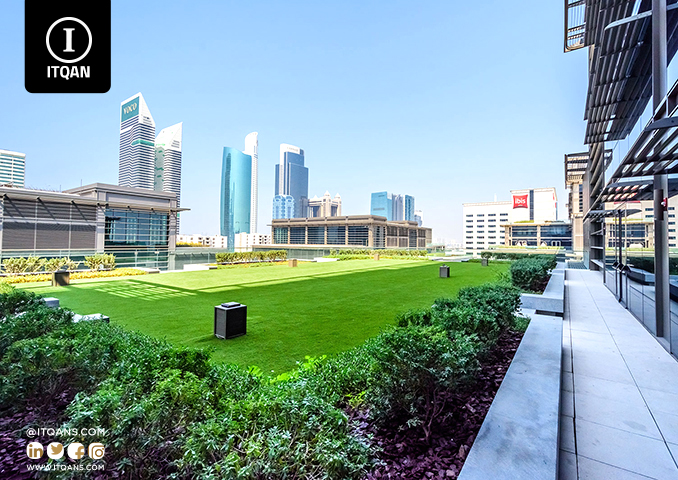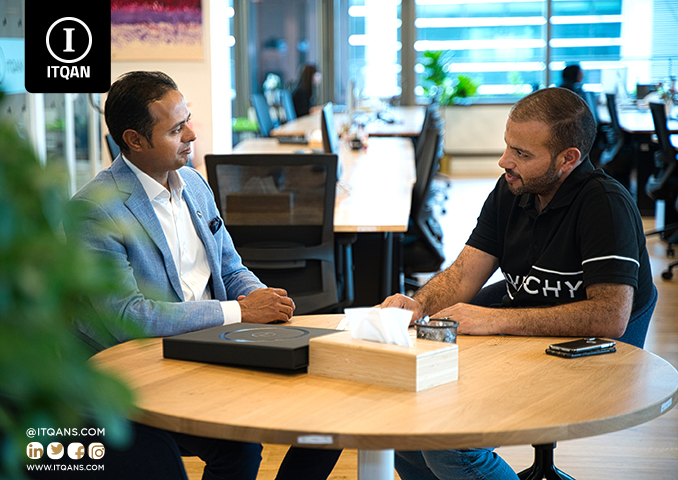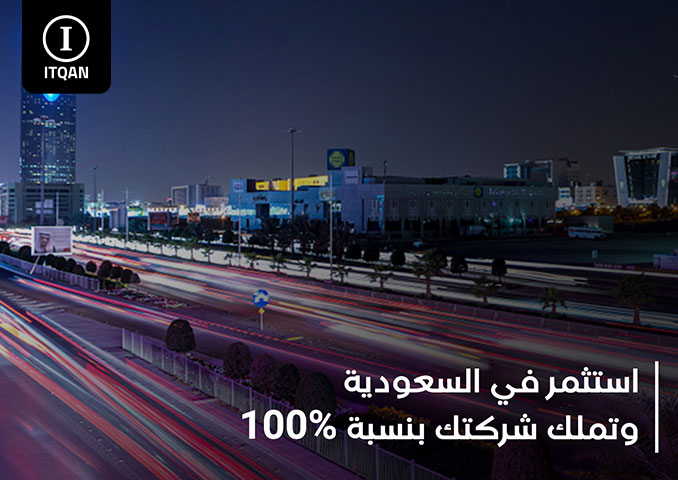Establishing a company in the Dubai World Central Free Zone represents an important challenge that entrepreneurs face in the business world today, as this step requires good preparation and careful planning. Dubai World Central is considered one of the largest free zones in Dubai, which provides a suitable environment for establishing and operating companies. Establishing a company in this region means directing attention to other competitive factors such as innovation, quality, and service to attract customers and achieve success.
Dubai World Central Free Zone features advanced infrastructure and a central strategic location in Dubai, making it an ideal stop for companies looking to access regional and global markets. In addition, the incorporation system in this region provides easy and simplified procedures, facilitating the process of establishing and operating companies.
However, entrepreneurs must carefully consider how to achieve competitiveness in the absence of competitive points or specific advantages. This could be through defining competitive strategies such as setting attractive prices, providing high quality products or services, and focusing on innovation and developing new products.
In short, establishing a company in Dubai World Central Free Zone requires focusing on other competitive factors such as quality, innovation, and service to succeed in the competitive business environment.

Establishing a company in the Dubai World Central Free Zone
جدول المحتوى
ToggleAdvantages of establishing a company in the Dubai World Central Free Zone
Establishing a company in the Dubai World Central Free Zone is considered an important strategic step for many entrepreneurs and international companies. Dubai World Central (DWTC) provides a range of advantages that make it a preferred destination for companies wishing to grow and expand. Here are some of the key advantages of establishing companies in Dubai World Central Free Zone:
Strategic Location : Dubai World Central is located in the heart of Dubai, making it an ideal destination for companies seeking to access regional and global markets. It is also located near Dubai International Airport, which facilitates international communication and transportation.
Advanced Infrastructure : DWTC has an advanced infrastructure that includes world-class facilities, such as conference and event centres, modern offices, restaurants and shops. This infrastructure helps facilitate corporate operations and attract human talent and customers.
Facilitated legal legislation: Free zones in Dubai provide a facilitating legal and legislative environment that attracts investors. Through this legislation, the process of establishing and operating companies is facilitated, reducing administrative and bureaucratic procedures.
Percentage of foreign ownership: Dubai free zones allow foreign investors to obtain 100% ownership of the company, without the need for a local partner. This helps attract foreign investors and encourage them to invest in the region.
Investments and government support: The UAE government supports the business sector by providing a set of incentives and initiatives that contribute to enhancing the growth of companies and stimulating investments.

Opportunities to establish a company in the free zone
Opportunities to establish a company in the free zone
Establishing a company in the free zoneis considered an important and motivating investment step for many entrepreneurs, as this step provides multiple opportunities for growth and expansion in a favorable economic environment. Free zones offer many opportunities that can be exploited creatively and strategically, which contributes to achieving success and sustainability for emerging and medium-sized companies. In this topic, we will explore some of the key opportunities for setting up a company in a free zone:
1. Access to a global market:
Free zones provide a suitable environment for companies to access international markets, thanks to their presence in strategic locations and their proximity to airports and ports. This gives companies the opportunity to expand their operations and increase the volume of foreign trade.
2. Advanced infrastructure:
The free zones include advanced infrastructure that includes modern and advanced facilities, such as luxury offices, huge warehouses, and assembly centers. This infrastructure provides the necessary support for companies to carry out their business efficiently and effectively.
3. Government support and incentives:
The local government provides a range of incentives and support to companies joining free zones, such as tax exemptions, reduced fees, and facilitated government services. This helps companies reduce costs and increase competitiveness.
4. Global competitiveness:
Thanks to the advanced business environment and easy legislation, companies in free zones can be highly competitive on the global level. This gives it the opportunity to expand and grow in global markets.
5. Cooperation and partnerships:
Free zones provide an ideal environment for cooperation and partnerships between local and international companies. This can open doors to new opportunities for innovation, knowledge sharing and industry development.
How to establish a company in the free zone
Establishing a company in the free zone represents an important investment step that requires good planning and knowledge of the procedures and steps necessary to achieve success. In this topic, we will provide a comprehensive guide on how to establish a company in the free zone:
1. Choosing the type of company: Before starting the establishment process, you must decide the type of company you want to establish, whether it is a sole proprietorship, a limited liability company, or a partnership.
2. Research and Analysis: Conduct comprehensive research on the market and industry you intend to enter, and assess demand, competition, and opportunities.
3. Location selection: Select the free zone that suits your company’s activity, paying attention to the available infrastructure, services provided, and local laws.
4. Preparing legal documents: Prepare and submit the necessary documents to register the company, such as tax forms, shareholder agreements, and necessary contracts.
5. Submit a license application: Submit your application to obtain a company license in the free zone, and ensure that it complies with all licensing requirements.
6. Securing financing: Determine the sources of financing necessary to start the company’s operations, whether from your personal resources or by raising financing from investors or banks.
7. Establish operating structure: Determine the company’s internal operating structure, including hiring employees, defining responsibilities, and setting policies and procedures.
8. Commencement of Operations: Once you obtain the license and secure financing, you can begin your company’s operations and begin implementing your operational plans.
9. Compliance with tax and legal legislation: Ensure compliance with all local and international tax and legal legislation applicable in the free zone.
10. Marketing and building customers: Develop appropriate marketing strategies to promote your company and build a strong customer base.
Types of companies in the free zone
In the free zone, there are a variety of types of companies that can be established, providing different opportunities for entrepreneurs and investors. This diversity allows companies to meet different needs and achieve diverse goals, whether related to international expansion, internal trade, or innovation in a particular field. In this topic, we will discuss some of the types of companies in the free zone:
1. Joint-stock company:
The joint-stock company is considered one of the most common types of companies in the free zone, as it is established by investing financial capital by shareholders who purchase company shares. Shareholders are liable for the company’s losses according to the size of their shares.
2. Limited Liability Company:
The Limited Liability Company is more common among entrepreneurs in the free zone, as responsibility is divided between shareholders, partners and the company itself. Shareholders are protected from personal liability, as they cannot lose further capital through the company.
3. Sole Proprietorship:
A sole proprietorship is less complex in terms of structure and procedures, as the business owner owns and manages it alone. Although it holds personal liability for all debts and obligations, it provides a high degree of flexibility and control to the business owner.
4. Partnership:
A partnership consists of a group of partners who come together to form the company and share in its management and profits. Liability and profits are divided between the partners according to the agreement concluded between them.
5. Subsidiary company:
A subsidiary company is considered a branch of a parent company established in another country or region, and it represents and implements the interests of its parent company in the free zone.
The cost of establishing a company in the free zone
Establishing a company in a free zone represents an investment challenge that requires good planning and a careful understanding of the costs and investments required. It is important to carefully analyze start-up costs to ensure the company’s sustainability and return on investment. In this article, we will analyze the different costs that may be involved in setting up a company in a free zone:
1. Licensing and permit costs: These costs include the fees required to obtain a company license and the necessary permits from the local authorities in the free zone.
2. Seed capital: The incorporation process requires providing the seed capital needed to start business operations, which can include rental costs, equipment, and materials.
3. Infrastructure costs: These costs include expenses related to furnishing the office, providing technical equipment, and establishing the infrastructure necessary to operate the company efficiently.
4. Marketing and promotion costs: These costs include developing marketing and promotion strategies for the company, including website creation, advertising campaigns, and digital marketing.
5. Labor costs: These costs include employee wages and human resources needed to operate the company, including training, health insurance, and other benefits.
6. Compliance and legal costs: These costs include expenses related to compliance with local and international laws, and providing the necessary legal and tax advice.
7. Maintenance and operating costs: These costs include expenses related to maintaining equipment and facilities and the daily operation of the company, such as utility bills and regular maintenance.
Our company’s role in establishing a company in the Dubai World Central Free Zone
Establishing a company in the Dubai World Central Free Zone in cooperation with Itqan Company represents an exciting challenge and an important investment opportunity in the global business market. This cooperation has many advantages and benefits that contribute to the success and sustainability of the company in the free zone.
First and foremost, the importance of the strategic location of the free zone in Dubai World Central must be emphasized. This region is considered a global center for business and trade, providing advanced infrastructure and a dynamic business environment that encourages innovation and economic growth.
In cooperation with Itqan Company, investors can benefit from the experience and competence provided by the company in the fields of consulting, implementation and marketing. This collaboration allows the new company to benefit from the strategic advice and support needed to plan and implement efficiently and effectively.
Other aspects that make establishing a company in the Dubai World Central Free Zone attractive are the advanced infrastructure and facilitating legislation that facilitates investment and operation processes. Thanks to this infrastructure, the new company can achieve low costs and high efficiency in production and marketing.
Another important aspect is access to a diverse and dynamic international market. The free zone’s location in Dubai World Central gives the company access to a global network of customers and partners, which contributes to expanding the scope of its operations and increasing opportunities for growth and expansion.
Given these benefits and advantages, it can be said that establishing a company in the Dubai World Central Free Zone in cooperation with Itqan Company represents an important and promising investment opportunity. Investors should take advantage of this opportunity to achieve their business goals and strengthen their position in the global market. Using the available experience and resources, the new company can achieve success and sustainability in the local and global market.
Frequently asked questions about establishing a company in the Dubai World Central Free Zone
What are the main advantages of establishing a company in Dubai World Central Free Zone?
Dubai World Central Free Zone has advanced infrastructure, facilitating legislation, and a stable economic environment, providing an ideal environment for business and investment.
What are the basic procedures for establishing a company in the free zone?
Establishing a company in the free zone includes obtaining the necessary licenses and work permits, determining the type of company and registering it, determining the basic capital, and preparing the necessary legal documents.
What types of companies can be established in the free zone?
A variety of companies can be established in the free zone, including joint stock companies, limited liability companies, sole proprietorships, subsidiary companies, and others.
What are the expected costs of establishing a company in the free zone?
Costs consist of government licenses and fees, core capital, infrastructure costs, labor, marketing, and regulatory compliance.
Can foreign companies establish branches in the free zone?
Yes, foreign companies can establish branches in the free zone under certain conditions, and they must comply with local legislation and required conditions.




